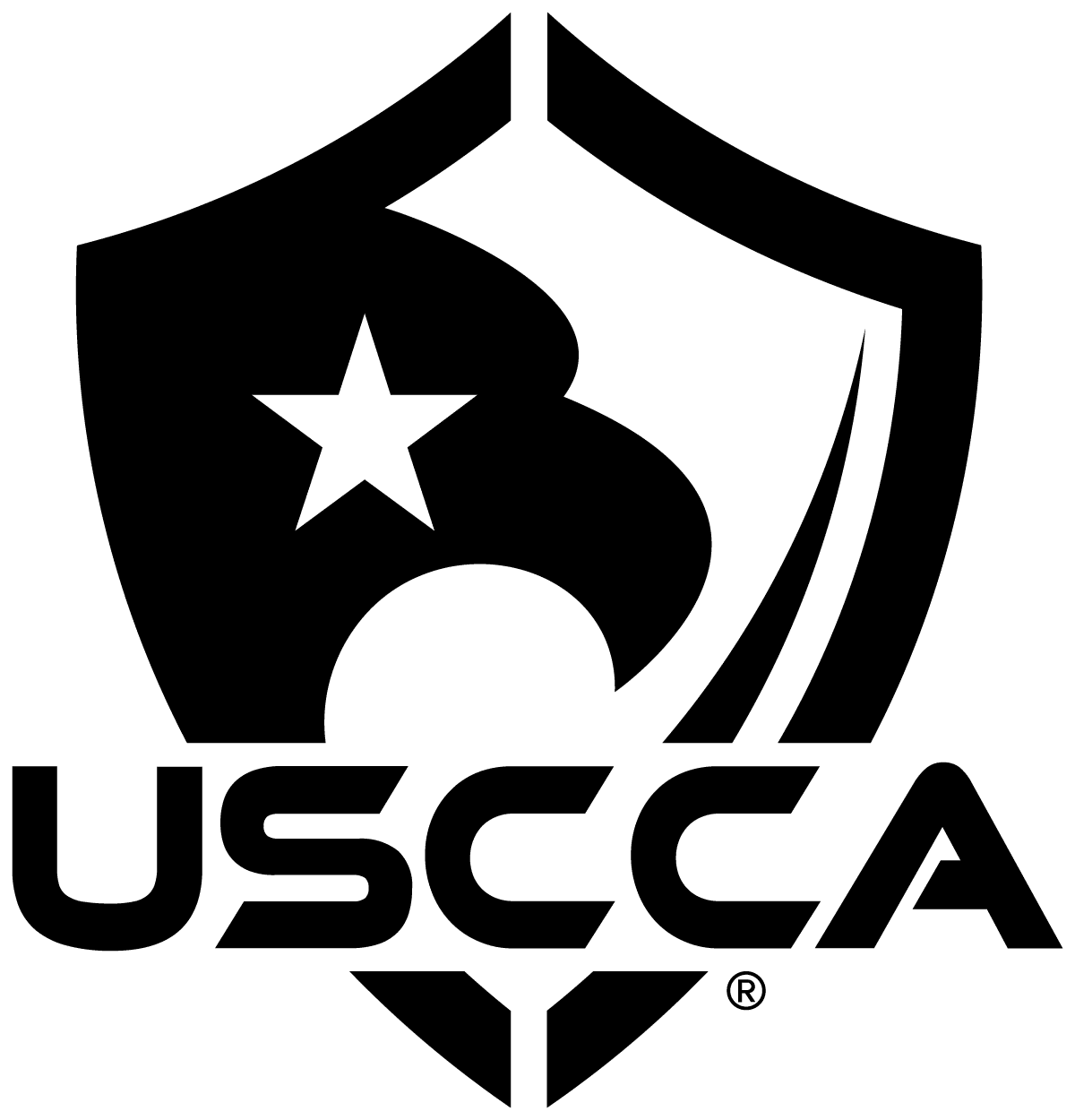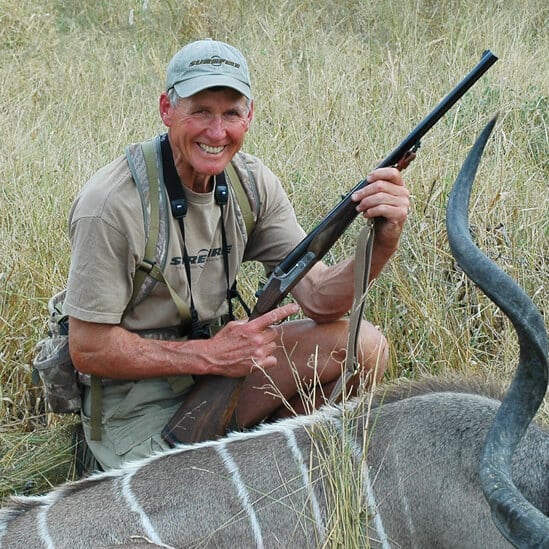What Is USCCA?
November 27th, 2023
6 minute read
As the tale goes, Missouri’s Tom Horn met New York’s William Bonney in a dusty New Mexico cow-town. Tom had teethed on revolvers; there were five notches on the butt of Billy’s Colt. The youths disliked each other. A shooting match ensued. When the aces of a card deck lost their centers, bullets split cards sideways. Airborne bottles hadn’t a chance. Then Billy suggested they finish behind a local livery. There he stuck 12 matches on a rail. “You go first,” he said. “Light a match. I’ll go next. Like that.”
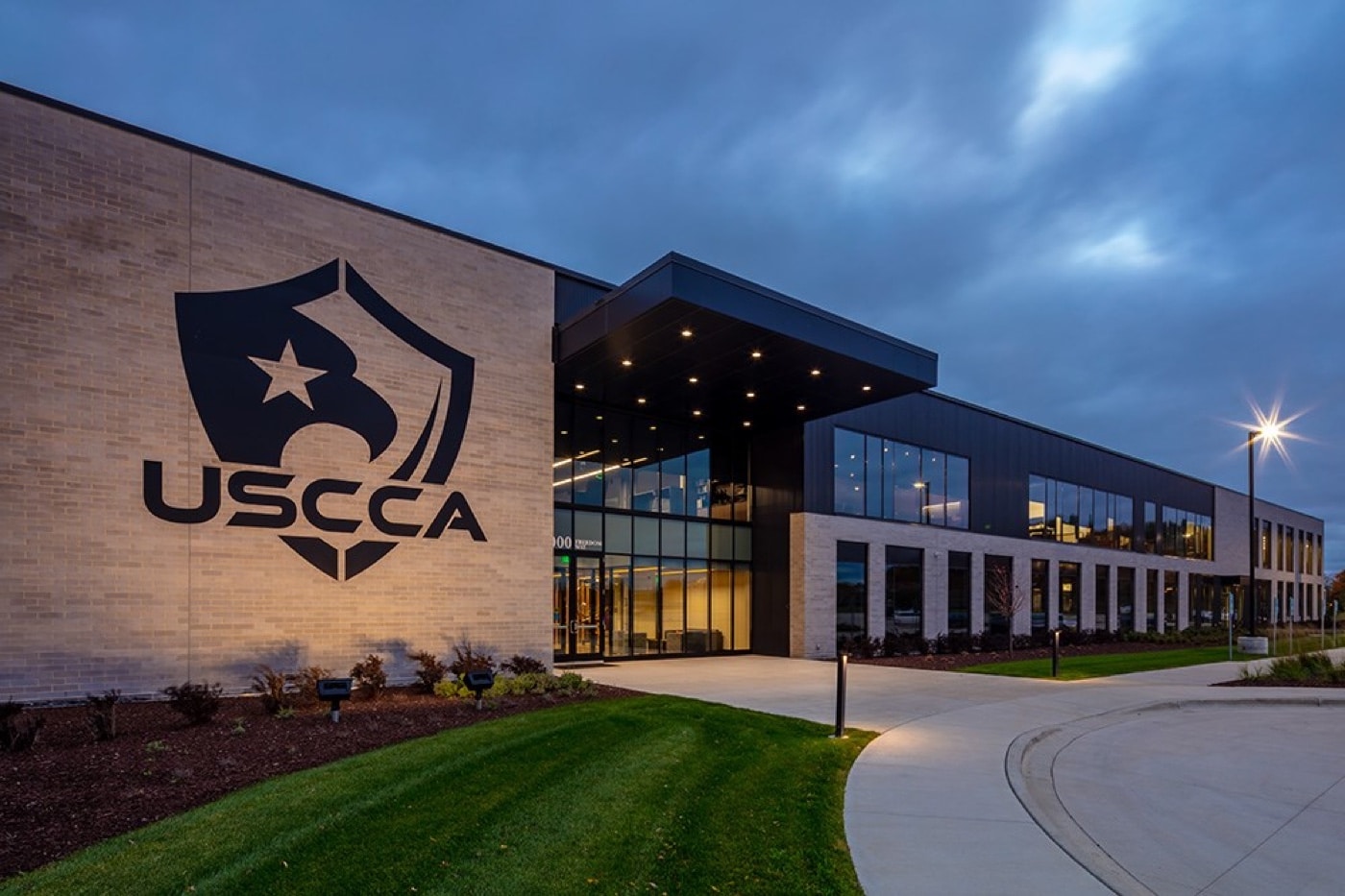
Perceptive beyond his 15 years, Tom walked to the rail and removed two matches. “We’ll shoot five,” he declared. “When I’m done, nobody’s empty.”
As credible as this preamble was the result: From 30 feet, Tom lit two matches. Billy lit one and clipped two more.
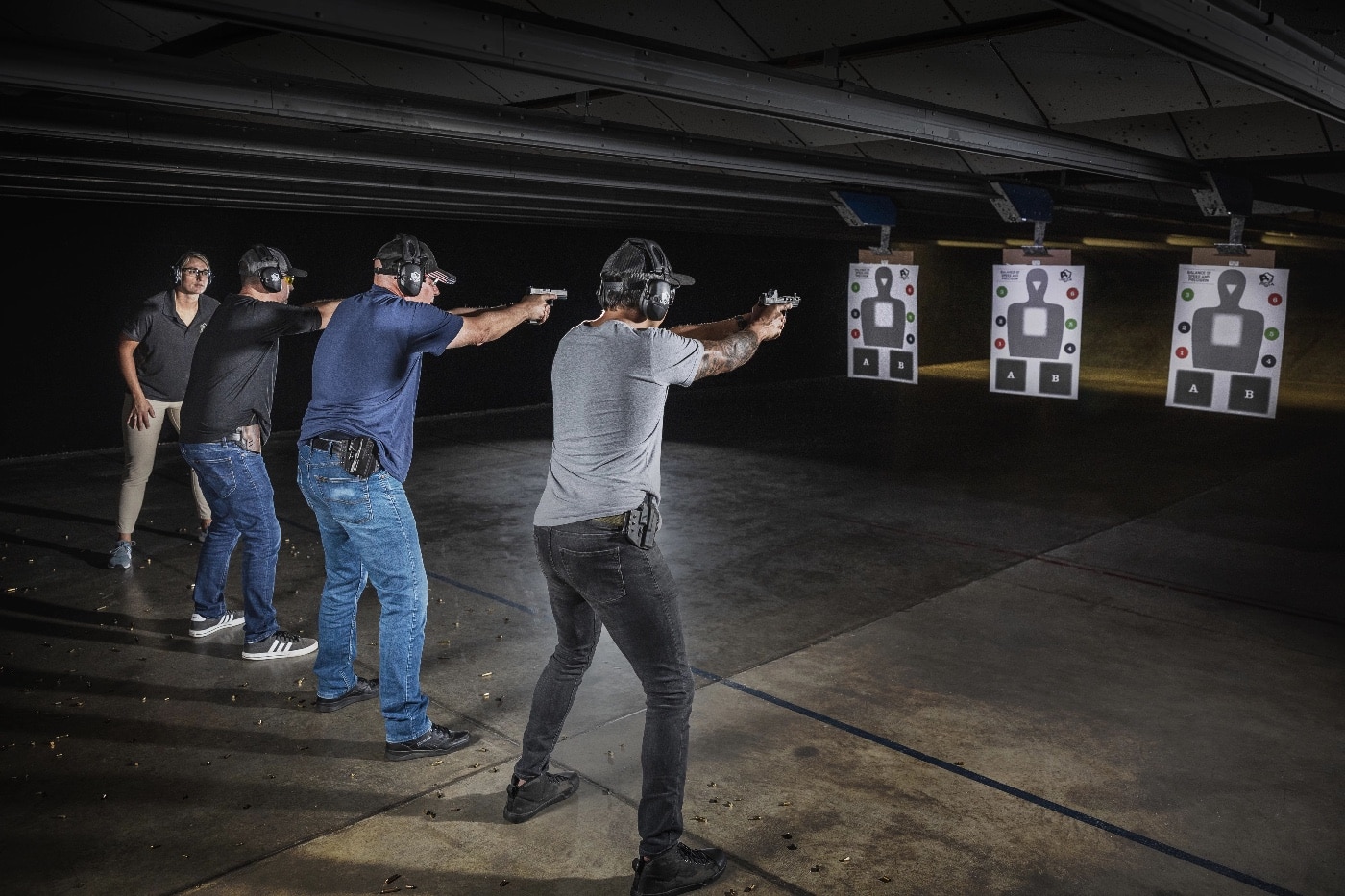
Legend has treated these miscreants kindly. They would find the law less forgiving. But in this episode of their short lives, both knew how to survive a gunfight. Characteristically, Billy the Kid sought the upper hand; Tom Horn avoided such fireworks.
Sound Foundations
“Your gun isn’t a shield,” Tim Schmidt declares in his on-screen synopsis of USCCA — the U.S. Concealed Carry Association. “Avoiding a gunfight almost always turns out better for you than engaging in one.” He adds that every gun owner is smart to prepare for both options. “It’s a big part of the reason Tonnie and I started USCCA in 2004.”
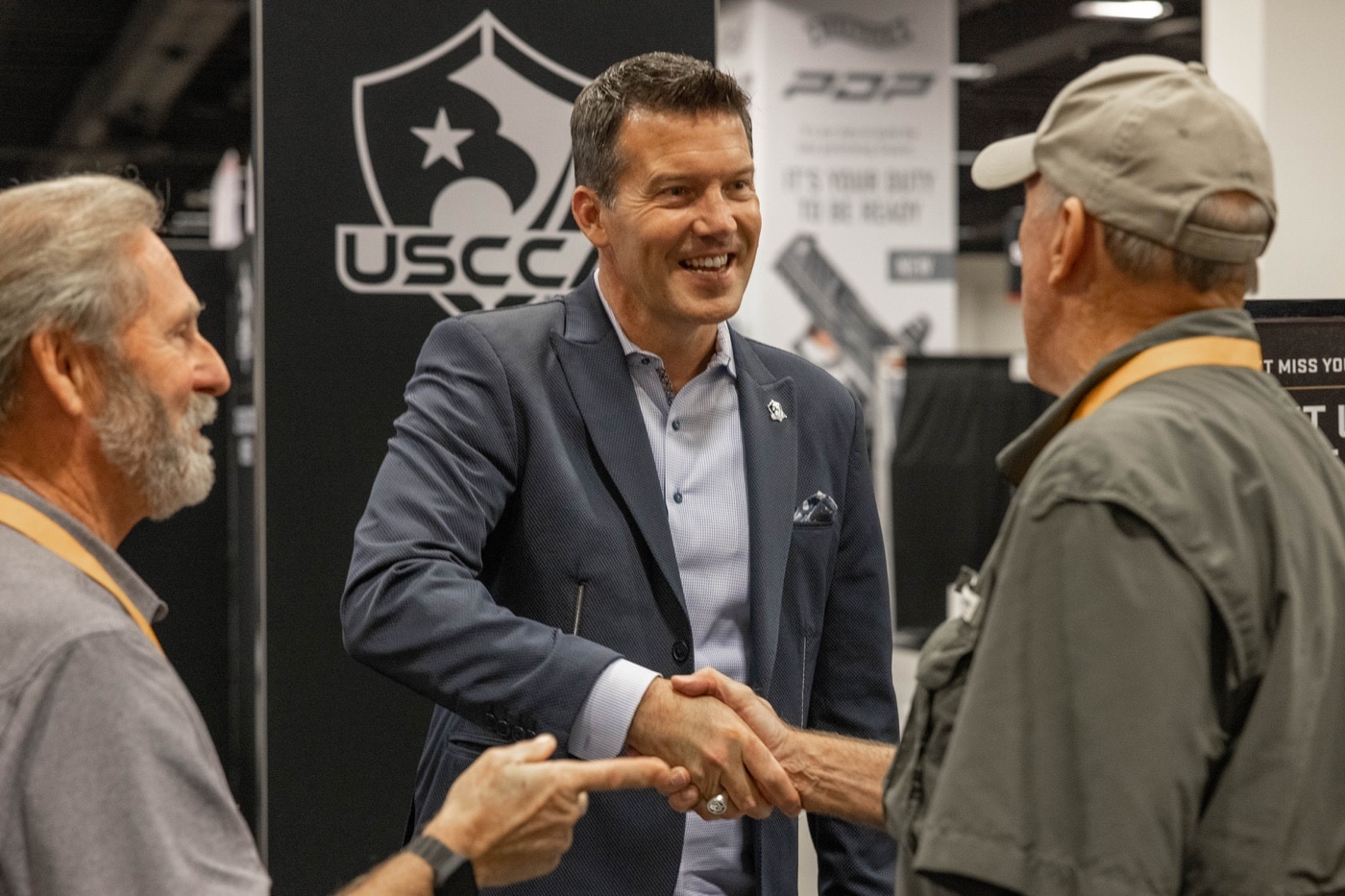
More than half a million firearms owners — first-timers and shooters of long experience — have since joined USCCA. “Our focus is educating and training people so they’re prepared to avoid danger, save lives and keep loved ones safe,” says Tim. “We have sponsorships with the National Shooting Sports Foundation and Project ChildSafe. Also, with A Girl and A Gun. We work in the legislative arena with groups like the DC Project and the Second Amendment Foundation. To inform members about the country’s widely varying state firearms laws, USCCA provides a reciprocity map.”
You don’t need a concealed-carry permit, or even a firearm to join. “Our education and training programs are open to anyone who wants to learn more about firearms and how to use them,” emphasizes Tim. “As part of USCCA’s curriculum, basic shooting technique, then proven self-defense practices are taught on videos and in live-fire exercises on hundreds of Partner Ranges nationwide. More than 10,000 instructors have been certified. The skills taught will help anyone become a more capable shooter and aware of threats before they become imminent. Gun owners are then better equipped to protect not only themselves, but other innocents who might face lethal threats. Because mental preparation for self-defense matters as much as handgun skills, it’s part of the package.”
A New Direction
Like Tim, Tonnie didn’t grow up in “a firearms family.” She recalls that her brother “wasn’t permitted to play cops and robbers or even make a finger gun! But when I was 10, an uncle took me to a local range. I thought firing a gun would be easy, as on TV.” She discovered recoil. Hitting the target was much more difficult than she’d imagined. “But learning to handle a firearm instilled a sense of confidence.”
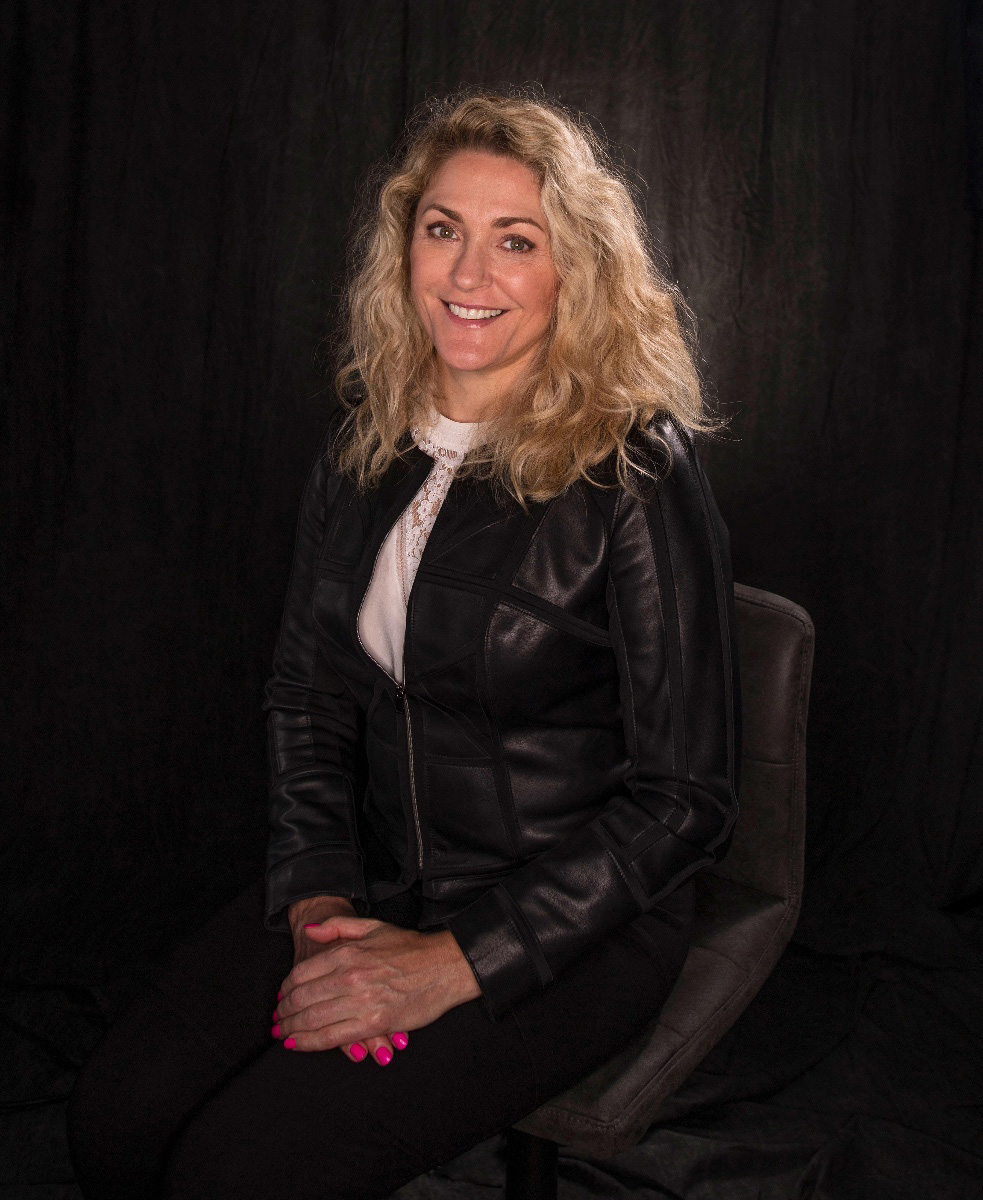
Then, while in college, Tonnie lost a friend. “She was raped, then died as she tried to reach the campus police. From that day forward, I knew I was responsible for my own safety. So, when Tim suggested starting Concealed Carry Magazine, I supported him.” She observed in 2003 that the shooting industry’s outreach was heavily weighted toward hunters, law enforcement agencies and the military. “And to men! There was less information available for families and people with limited exposure to firearms. I worked to ensure the magazine was something anyone could place on the coffee table without having to think about the backgrounds or political leanings of friends and visitors.”
Backing You Up
Another reason people join USCCA is to get self-defense liability insurance. Forced to fire in self-defense, a victim can face unforeseen pressures, even prosecution. “All USCCA Members are insured by the self-defense liability insurance issued to the association,” Tim explains. “Members at all levels have the exact same insurance coverage and limits. The policy is underwritten by Universal Fire & Casualty Insurance Company, a company with an A- A.M. Best rating. Members involved in covered self-defense incidents have no limit on the defense expenses that will be paid to defend them if they are facing a criminal investigation or civil lawsuit. There is also up to $2,000,000 in liability coverage if they are found to owe damages to another party as a result of the covered incident. Not only that, the policy covers the standard cost of a $1,000,000 bail bond and provides compensation while you’re in court. Unlike plans that later reimburse clients, this insurance pays upfront, so you don’t have to. You also get to choose your own attorney.”
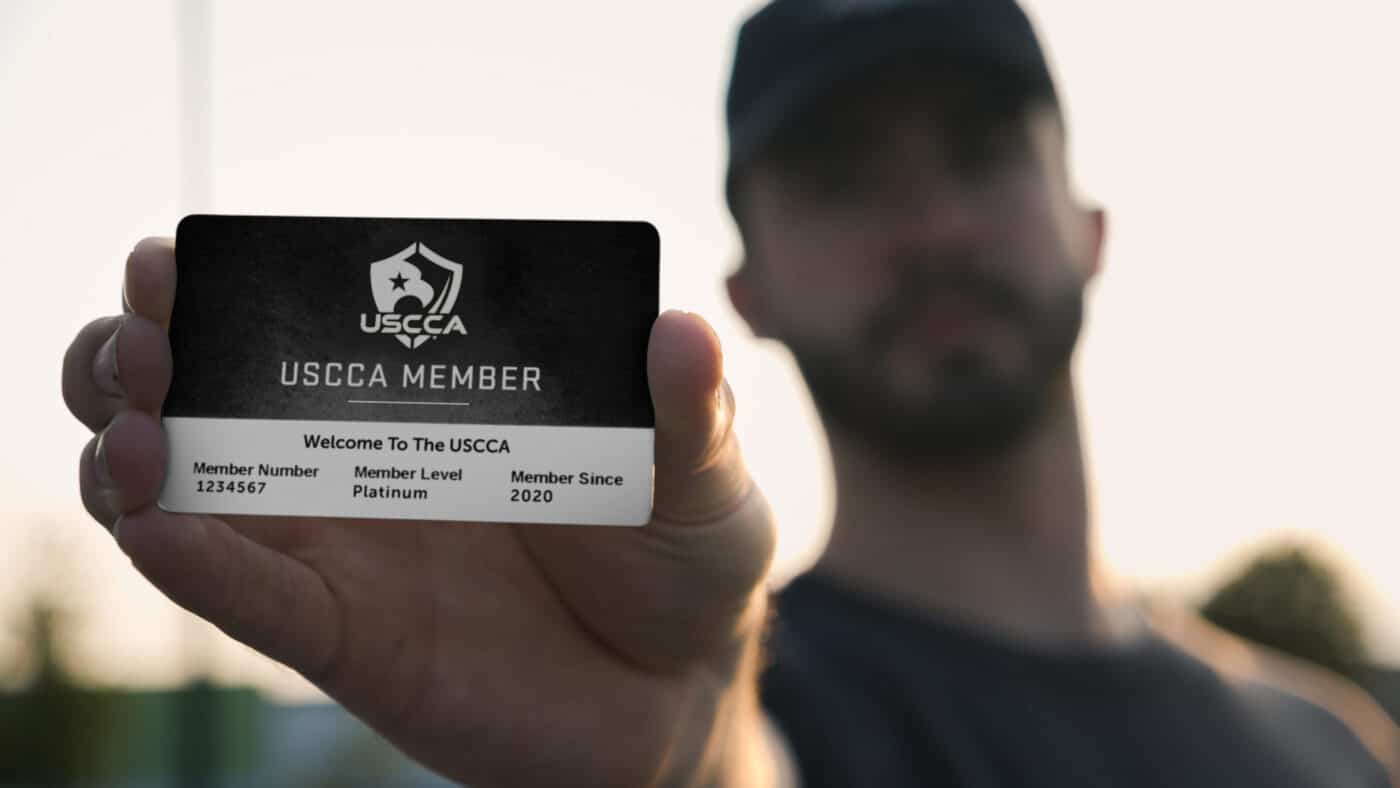
As Tim, Tonnie and all attorneys will advise, you’re smart to read carefully the terms, costs and award limits of any insurance policy. Details on USCCA’s are on its website, linked at the bottom of this post.
What You Get
USCCA is based in South Carolina; but, says Tim, “all operations, including marketing, sales and administration, are through Delta Defense, the service provider in West Bend, Wisconsin. At this writing, Gold, Platinum and Elite USCCA memberships cost $29, $39 and $49 per month, or $299, $399 and $499 annually. Spouses can be added at half price. Membership is a “risk-free” buy, as you get a full refund of the first year’s fee if at any time during that year you wish to cancel. USCCA memberships are currently not permitted by or in the states of New York, New Jersey and Washington.
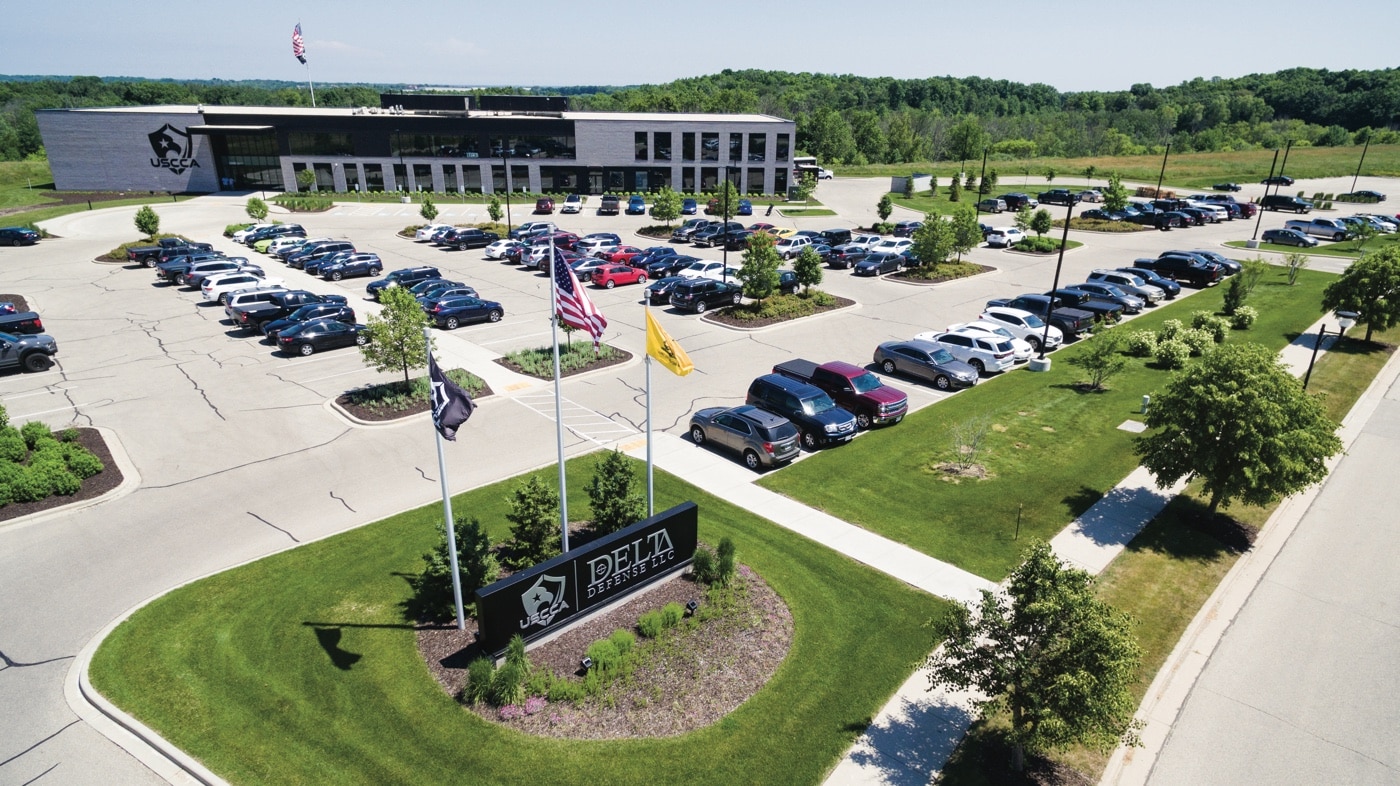
Besides on-screen and at-the-range training and liability insurance, members get a subscription to Concealed Carry Magazine, a pass to the annual Concealed Carry and Home Defense Expo and discounts to 30 percent on gear from companies like Galco and more. Alerts and maps keep you up to date on states’ concealed carry rules. Platinum and Elite members get new lessons and training exercises monthly.
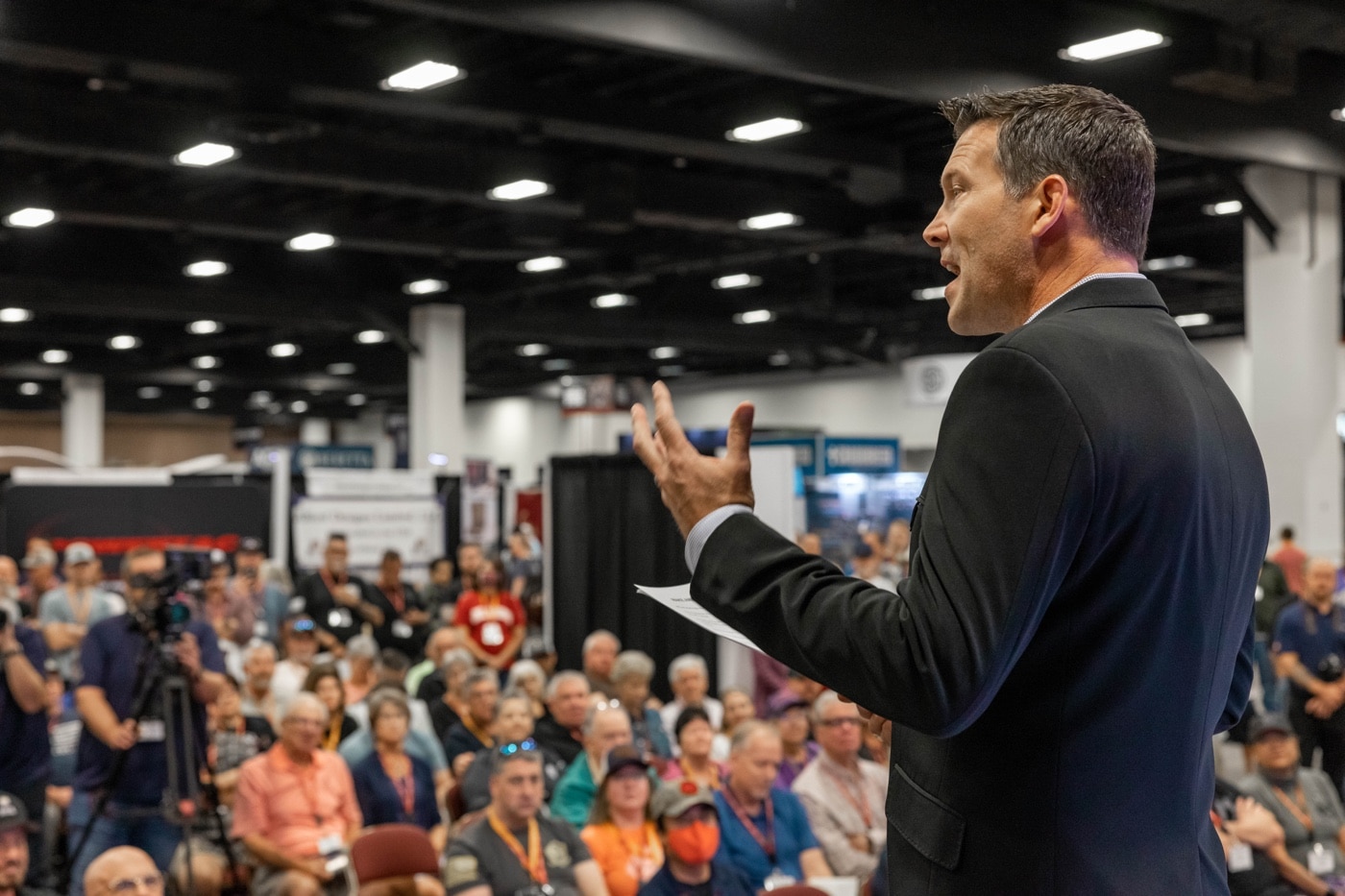
Then there’s the Delta Defense “hotline,” active all day every day. In an emergency, after a 911 call, USCCA members are urged to punch in 877-677-1919 to reach the Delta Defense Critical Response Team. Explains Tim: “It can help you navigate the post-shooting chaos.”
With Delta Defense, USCCA takes pride in having helped 765,000 responsibly armed Americans prepare for the “before, during and after” of self-defense incidents. “Our mission, distilled,” says Tim, “is to stop crime and save lives. You might say USCCA gives peace of mind to responsible gun owners!”
Editor’s Note: Please be sure to check out The Armory Life Forum, where you can comment about our daily articles, as well as just talk guns and gear. Click the “Go To Forum Thread” link below to jump in and discuss this article and much more!
Join the Discussion
Featured in this article
Continue Reading
Did you enjoy this article?

 73
73




